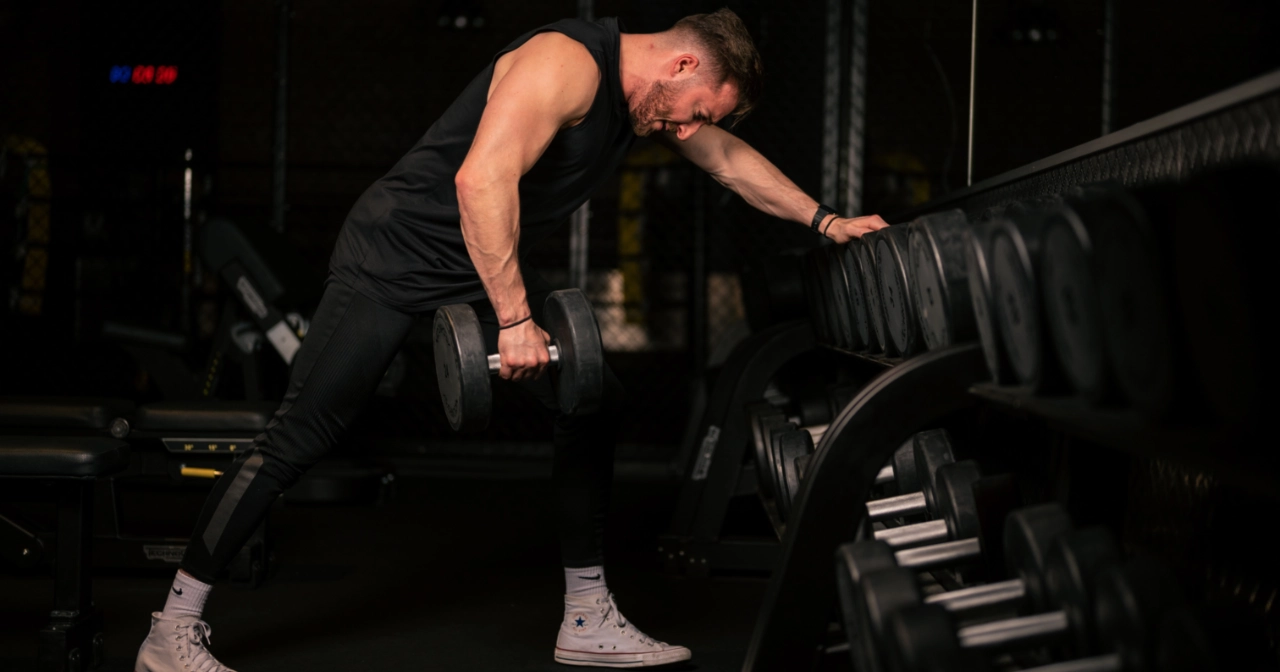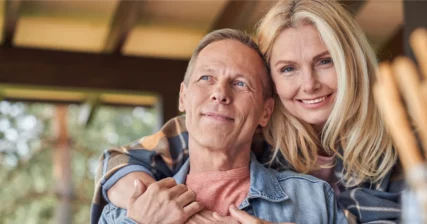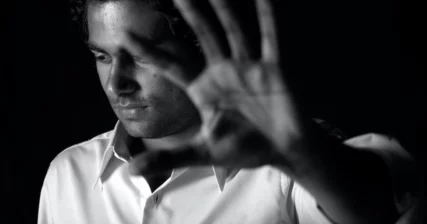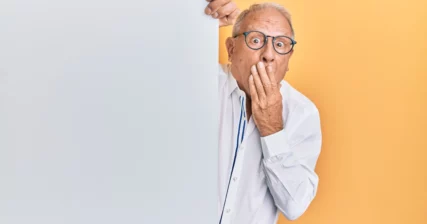Listen on: Apple Podcasts | Spotify
What supplements should I take to boost testosterone or enhance libido? I frequently come across a question like this from middle-aged men. Although a supplement or drug therapy may help, if it’s the first solution guys go for, they’ll undoubtedly be disappointed by the results.
To ensure a guy produces optimal hormones throughout middle age and his older years, he needs to address a few lifestyle choices first. They’re simple, but they require a little more effort than popping a pill or getting a pellet in his butt.
Aging and Hormonal Decline for the “Average” Guy
The average (overweight, not strength training, getting insufficient sleep) guy experiences a hormonal, strength, and muscular decline around age 30.
By age 50, he experiences declines in strength and muscle mass of 15% per decade, until they’re 30% of what they were in his 30s.
Total testosterone declines 1% per year, starting around age 30 as well, affecting his neuromuscular performance, bone density, muscle mass, libido, and cardiovascular health.
Free testosterone, which makes up about 2% of total testosterone, actually affects target tissues. The rest is bound to sex hormone binding globulin (SHBG). As SHBG rises with age, free or bioavailable testosterone becomes even more limited for androgenic effects.
Testosterone limits the secretion of cortisol, so as his testosterone levels decline, cortisol rises, causing more muscle tissue breakdown.
Human growth hormone decreases by 14% per decade after age 20. Growth hormone stimulates fat metabolism, enhances tissue growth and repair, and supports brain function.
Remember, though, these sad statistics are for the average guy. He’s sedentary, doesn’t eat nearly enough protein, eats way too much junk, often drinks too much alcohol, and doesn’t get enough sleep.
You don’t want to be average, which is why you’re reading this.
While ageing per se may not cause endocrinological dysregulation, age-associated increases in sedentary behaviour could. Exercise is a nonpharmacological strategy to counteract some of the physiological changes that occur with age, including endocrine changes.
Effects of Exercise Training on Anabolic and Catabolic Hormones with Advanced Age: A Systematic Review
Read also: 9 Causes of Low Testosterone.
Strength Training: The Natural Hormone Booster For Men Over 40
Let me be clear: Hormone-supporting drugs and supplements do help, but if you’re taking or using them without changing your your diet and lifestyle choices, you’re kind of throwing your money away.
Get your diet and lifestyle in order. Get the most benefit there, and then add on the supplements or drugs if you need to. It really doesn’t take much to see a massive hormonal change.
- Eat a high-protein diet.
- Get enough quality sleep.
- Follow a professionally-designed strength and conditioning program.
For the remainder of this post, I’ll focus on how exercise affects your hormones as you age.
This systematic review indicates that exercise training increases basal total testosterone, IGF-1, SHBG, hGH, DHEA and DHEA-S in males and females ≥40 years of age.
Effects of Exercise Training on Anabolic and Catabolic Hormones with Advanced Age: A Systematic Review
Research shows that most forms of exercise increase testosterone when men or women begin an exercise program.
However, endurance training can suppress testosterone levels, especially in men. This is one of many reasons I do not recommend running as a solution for weight loss or general health.
Read also: How Too Much Cardio or Endurance Training Is Bad For You.
Over time, muscle-building resistance training is a much superior form of testosterone-boosting exercise.
Exercise also increases DHEA, growth hormone, and insulin-like growth factor-1 (IGF-1) levels, which improve body composition, enhance tissue repair, and stimulate fat loss. Again, resistance training would produce the greatest benefits in the long-term.
We recommend that exercise should be considered as a first-line treatment for endocrine dysfunction as it improves several changes of the hormonal regulation that occur with ageing.
Effects of Exercise Training on Anabolic and Catabolic Hormones with Advanced Age: A Systematic Review
Read also: Irritable Male Syndrome, Andropause, and Reclaiming Your Manhood.



